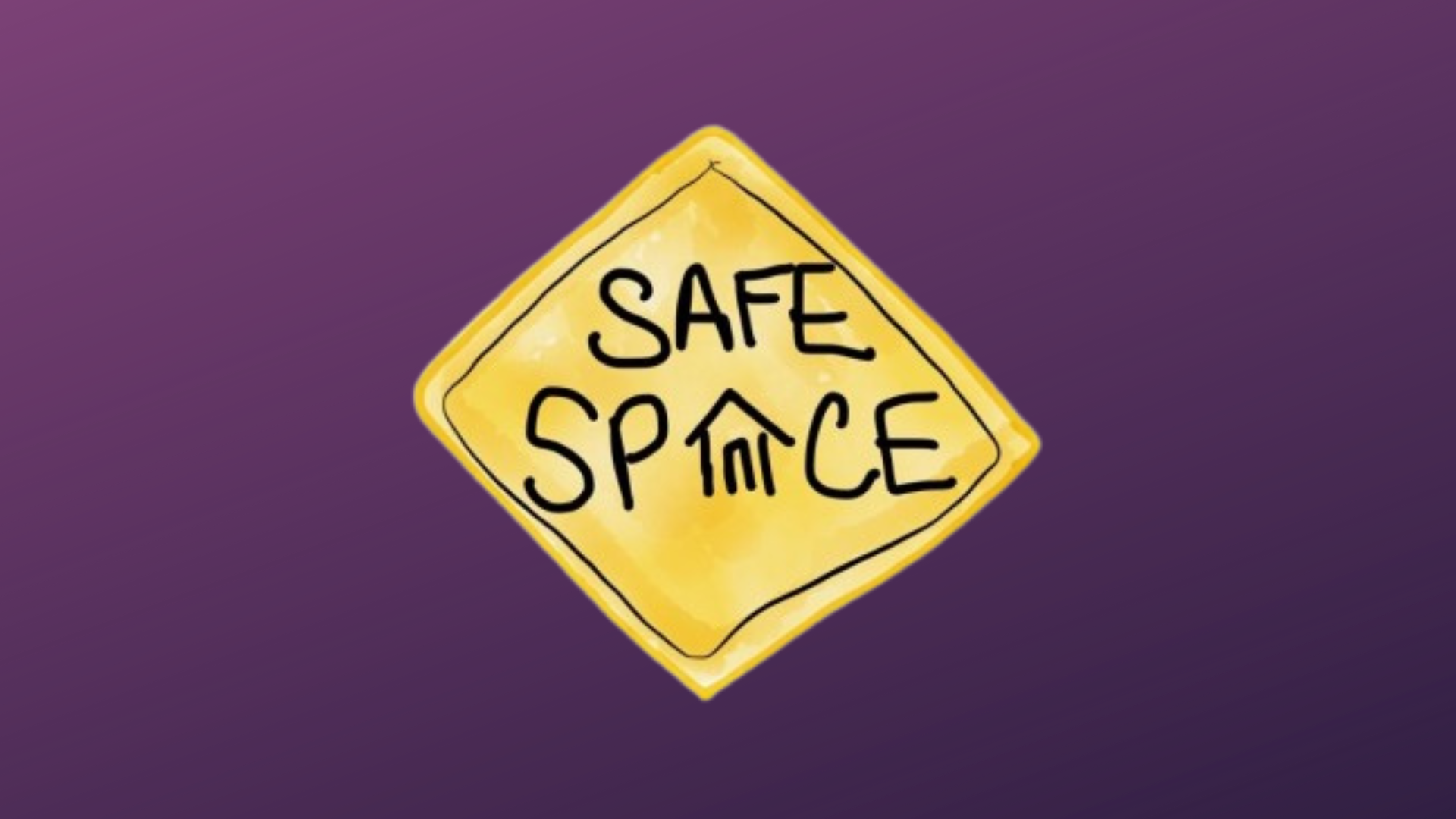This blog post was written by members of Family Promise’s Racial Justice Council
There are physical locations and social situations where we each feel comfortable, and also places that leave us unsettled, uncertain, or downright afraid. These places can be different for each of us.
Pause for a moment and think about a place or community in which you feel safe, where you can be your full, true self. What are the characteristics of that situation? What do you see or hear? Who is there? What are the feelings or emotions that arise?
Feeling safe is a prerequisite for inclusion and is critical to Family Promise’s values of hospitality, empathy, and empowerment. Inclusion needs to extend to our offices, day centers, shelter spaces, boardrooms, and daily operations.
Let’s start by looking at what inclusion isn’t, then consider some pointers on how to be sure our spaces and places are inclusive.
Are you fitting in to change yourself in order to make others happy? Are you changing yourself to fit in and please others? Or assessing the situation and becoming a part of the situation in order to feel accepted? A case to be argued. Belonging, on the other hand, doesn’t require you to change who you are; it just requires you to be who you are. Showing up as your true authentic self can be hard for a lot of people while trying to fit in. As you navigate life, you learn more about yourself as you are presented with certain situations or in different rooms that may make you feel uncomfortable. YOU have to be comfortable with yourself! Belonging is a practice of believing in yourself and sharing who you truly are with no qualms. “True belonging doesn’t require you to change who you are, it requires you to be who you are” (Brené Brown).
Adjusting your authentic self to be accepted is referred to as “code-switching.” Code switching is defined as the ways in which a member of an underrepresented group/culture (consciously or unconsciously) adjusts their language, syntax, grammatical structure, behavior, and appearance to fit into the dominant culture. Inclusion, like other recurring DEIA topics, must be discussed to understand the daily experience of BIPOC and other marginalized groups. The best way to circumvent this at your affiliate is creating a “come as you are” workplace culture where acceptance is the norm and differences are welcomed.
Inclusive spaces are important to create and maintain both for and among Affiliate staff, and also for families we’re working alongside.
A safe space plays a key role in helping us get our emotions in check and be fully present for the families we serve. This can come in the form of additional training and support, education, and insight. Safe spaces are where we can ask for advice without being disrespected. Where our expertise and experience are valued and respected. Safe spaces are places where we can talk without fear of judgment. Safe spaces are where we belong.

